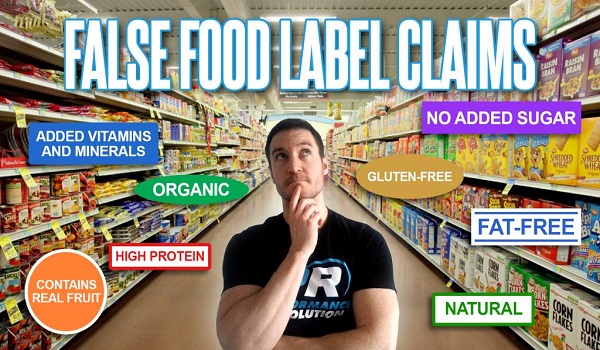India’s top food regulator has issued a stern directive to packaged food companies, instructing them to remove all “100%” claims from labels, packaging, and advertisements. The Food Safety and Standards Authority of India (FSSAI) said the term is misleading, lacks regulatory backing, and can create a false impression of purity and superiority among consumers.
In an advisory dated May 28, the FSSAI stated that terms like “100% pure,” “100% natural,” or “100% sugar-free with millets or oats” — commonly found on products like tea, honey, protein powders, biscuits, and chocolates — are ambiguous, not defined under the Food Safety Act, and prone to misinterpretation.
“The term ‘100%’ is not defined or referenced in any manner under the Food Safety Act,” the advisory said. “Its usage conveys a false sense of absolute purity or superiority and may mislead consumers into believing that similar competing products are substandard or unsafe.”
The regulator warned that such claims may also violate advertising norms that prohibit misleading content and comparative denigration. “Claims must be truthful, unambiguous, and meaningful — not misleading,” the advisory stated. “They should help consumers comprehend product information rather than manipulate perception.”
This move follows FSSAI’s 2024 directive that banned “100% fruit juice” claims, giving companies until December that year to exhaust pre-printed packaging. That ban has led to an ongoing legal battle between the regulator and Dabur, whose Real juice brand continues to face scrutiny over its “100% fruit juice” label. In April, FSSAI told the Delhi High Court that such a claim is not permissible under current food safety regulations.
Industry reactions are mixed. A senior executive at a leading snacks company acknowledged the benefits of the directive in protecting consumers but stressed the need for fair implementation. “Brands making genuine, verifiable claims should not be penalized under a blanket guideline,” the executive said.
In recent months, FSSAI has accelerated efforts to improve transparency and accountability in food labelling. A draft notification issued in February 2025 proposed that key nutrients such as salt, sugar, and saturated fats be displayed prominently on packaging, in bold and larger fonts, to help consumers make informed dietary choices.
As consumer awareness around food safety grows, the regulator’s crackdown on exaggerated or unverifiable claims marks a significant step toward honest labelling and responsible marketing in India’s packaged food sector.


